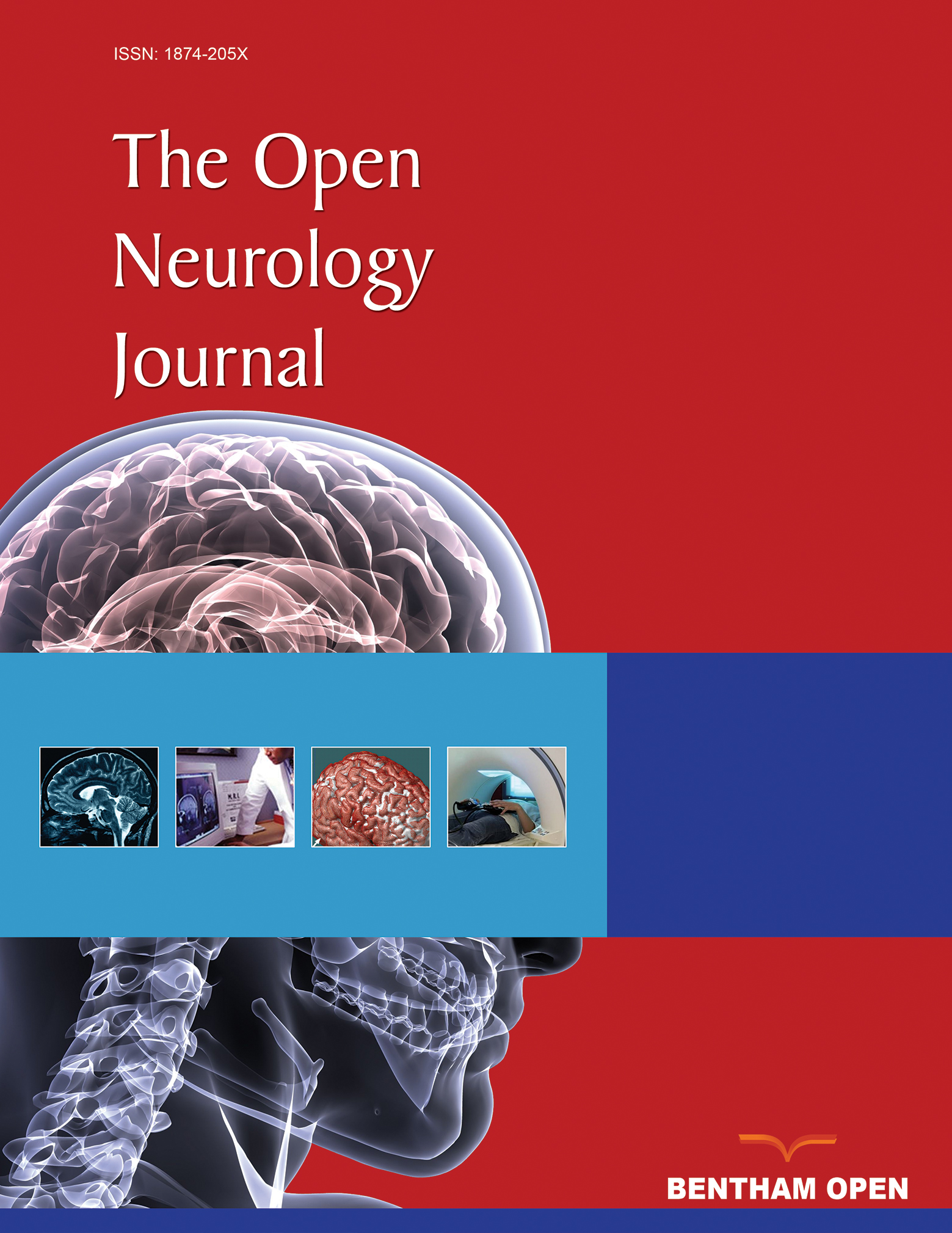Case Series Using Montelukast in Patients with Memory Loss and Dementia
Abstract
Cognitive decline and dementia are a growing problem as the population ages. Effective therapies to prevent and treat these problems are limited. Neuro-inflammation has been suggested as a cause of dementia [1]. Montelukast is a leukotriene receptor antagonist used to treat seasonal allergies and asthma. It acts as a cysteinyl leukotriene (CysLT1) receptor antagonist blocking the action of leukotrienes and decreasing inflammation [2]. Animal studies have shown that administering Montelukast improves memory function [3]. This case series of patients in a private Internal Medicine practice between 2013-2014 used Montelukast in patients with various levels of memory impairment and dementia. Patients were given Montelukast 80 mg daily in 4 divided doses every 2-3 hours. Memory impaired patients had subjective improvement in the memory and recall. Patients with dementia were noted by family members to be less agitated, but had no memory improvement at the doses used. Montelukast may be useful to treat memory impairment and dementia. Long term use might act as a prophylactic to prevent dementia.


